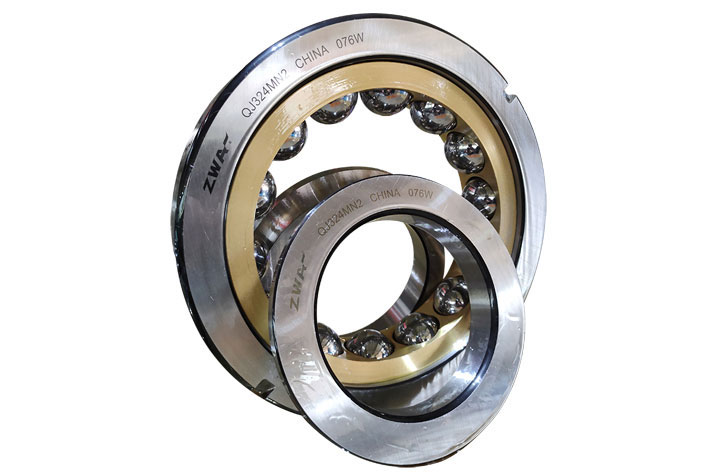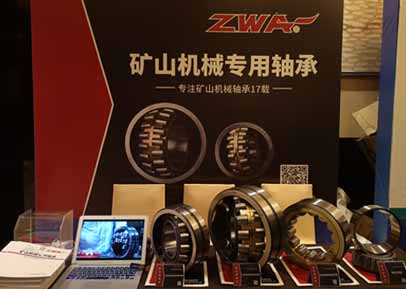
To prevent corrosion during transportation or storage, precision bearings are usually packaged with a thin coat of anti-rust oil on the surface.
In order to protect the bearings from poor lubrication caused by the incompatibility between lubricating oil or grease and antirust oil, the precision bearing company suggests that precision bearings should be cleaned carefully after opening. If conditions permit, the operator should not touch the bearings directly by hand but wear disposable plastic gloves.
1. Bearing cleaning requires high purity gasoline. It is better to use 90 gasoline or even 120 white gasoline.
2. Bearing cleaning is divided into two steps. Prepare two clean containers with enough cleaning fluid, and place the metal mesh pad in one of the containers. First of all, put the bearing taken out from the packing box into the container with mesh pad, or remove the rust proof oil film on the bearing surface with a brush. Then, finally wash the bearing in the other container, while rotating. Keep in mind that the cleaning fluid should be replaced timely during the cleaning process to ensure its cleanness.
3. After cleaning, the bearing should be air dried or naturally dried. Only when the residual cleaning solution in the bearing is completely dried can the subsequent operation be carried out.
4. If the bearing is lubricated with oil, the industrial bearing should be installed without rotation. If the bearing is lubricated with grease, follow-up grease filling and installation procedures shall be carried out.
5. To facilitate installation, it is recommended to apply a thin layer of lubricating oil on the surface of the bearing.
6. The sealed bearing can be directly installed and used without cleaning.

